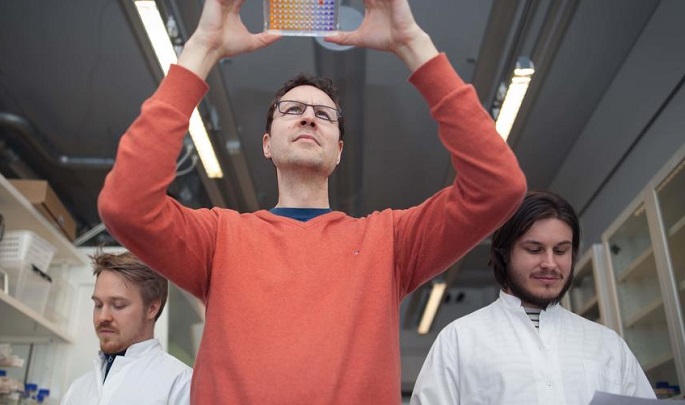Ongoing research shows potential of anti-coronavirus drug
Published : 07 May 2020, 01:32
Updated : 07 May 2020, 10:34
Tenure Track Group Leader Ville Paavilainen’s laboratory has been investigating a molecule since 2014 that now shows the promise of targeting the novel coronavirus.
In the best-case scenario, this research may lead to the development of a new drug that would help alleviate the symptoms and prevent the progression of COVID-19.
The University of Helsinki in a press release said Paavilainen, a biochemist and a fellow of the Academy of Finland, was surprised to discover that his research work has a firm link to the fight against the coronavirus.
Paavilainen’s laboratory conducts basic research in protein homeostasis of cells and proteins secreted by cells.
“We are investigating a range of small molecules that are disturbing this homeostasis to learn more about cellular processes. To us, they serve as a tool, but the same molecules can also work as precursors for drugs,” said Paavilainen.
The secretory pathway proteins that Paavilainen studies have a key role in many types of cancer as well as in diseases where the structural problems known as misfolding found in the proteins produced have an effect on disease progression. Among other disorders, misfolding is characteristic of cystic fibrosis.
Coronavirus-related news have frequently mentioned a so-called protein-grappling hook found on the surface of the coronavirus and used by the virus to attach itself to cells in the human respiratory tract.
However, attaching and entering are only the first step on the path to success for the virus.
Once inside the cell, the pathogen needs to multiply, and most viral proteins needed for replication are produced in a certain organelle of the human cell – the endoplasmic reticulum in the cell membrane. The assistance provided by the protein machinery of the endoplasmic reticulum is vital to the virus.
“We have studied a molecule that inhibits influenza and Zika viruses, which is also a promising drug candidate for certain cancer therapies. Now, all of a sudden, a site of action has been identified for this same small molecule in the coronavirus. In other words, we have been tinkering with a potential coronavirus drug precursor in our laboratory for a long time,” remarked the biochemist.


